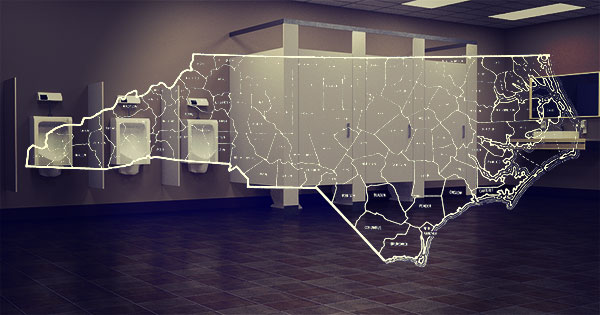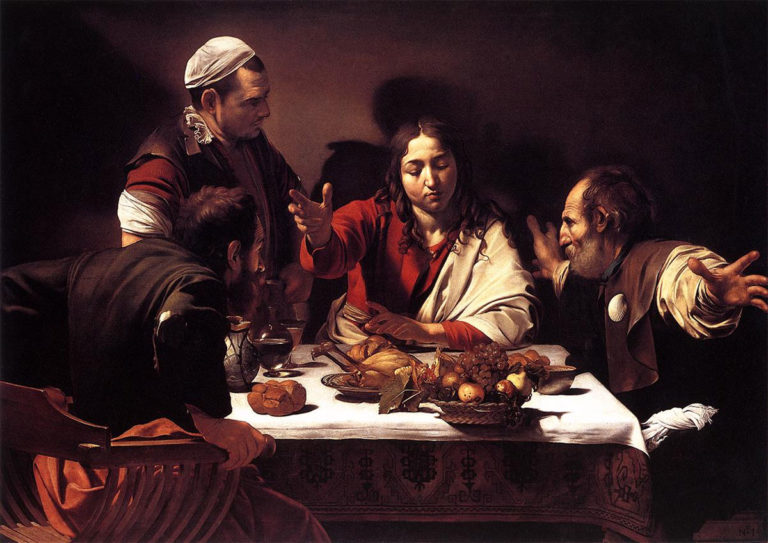I wasn’t alive during the Civil Rights marches of the 1960s. I wasn’t alive during the Vietnam War protests of the late 1960s and 1970s. But I was alive to see the Berlin Wall fall, the Soviet Union crumble, and the rights of my LGBT friends become a reality.
I cried tears the day the Supreme Court ruled in favor of same-sex marriage because my LGBT friends who had lived so long as simply life partners could now enjoy the same benefits in the eyes of the law that my wife and I do.
I also cried tears last Wednesday because the legislature of my state, North Carolina, passed a bill which legalizes discrimination against my LGBT friends, as if they did not already experience discrimination — the only difference is that now that discrimination is legal.
The new law overturns Charlotte’s local LGBT non-discrimination ordinance, prohibits other local governments from passing LGBT non-discrimination ordinances, and requires students in public schools and publicly funded universities and colleges to use the bathroom that corresponds to the gender listed on their birth certificate.
What the hell are the elected officials of North Carolina thinking? What’s worse is that they called a special session to ramrod this hateful, discriminatory piece of legislation through.
It doesn’t take faith in a higher power to understand that all people are created equal. No one person is inferior to another, though society often tries to tell us they are. I, however, do have faith in God. I read… [Read more…] about Legislating Bowel Movements: North Carolina and LGBT Discrimination









